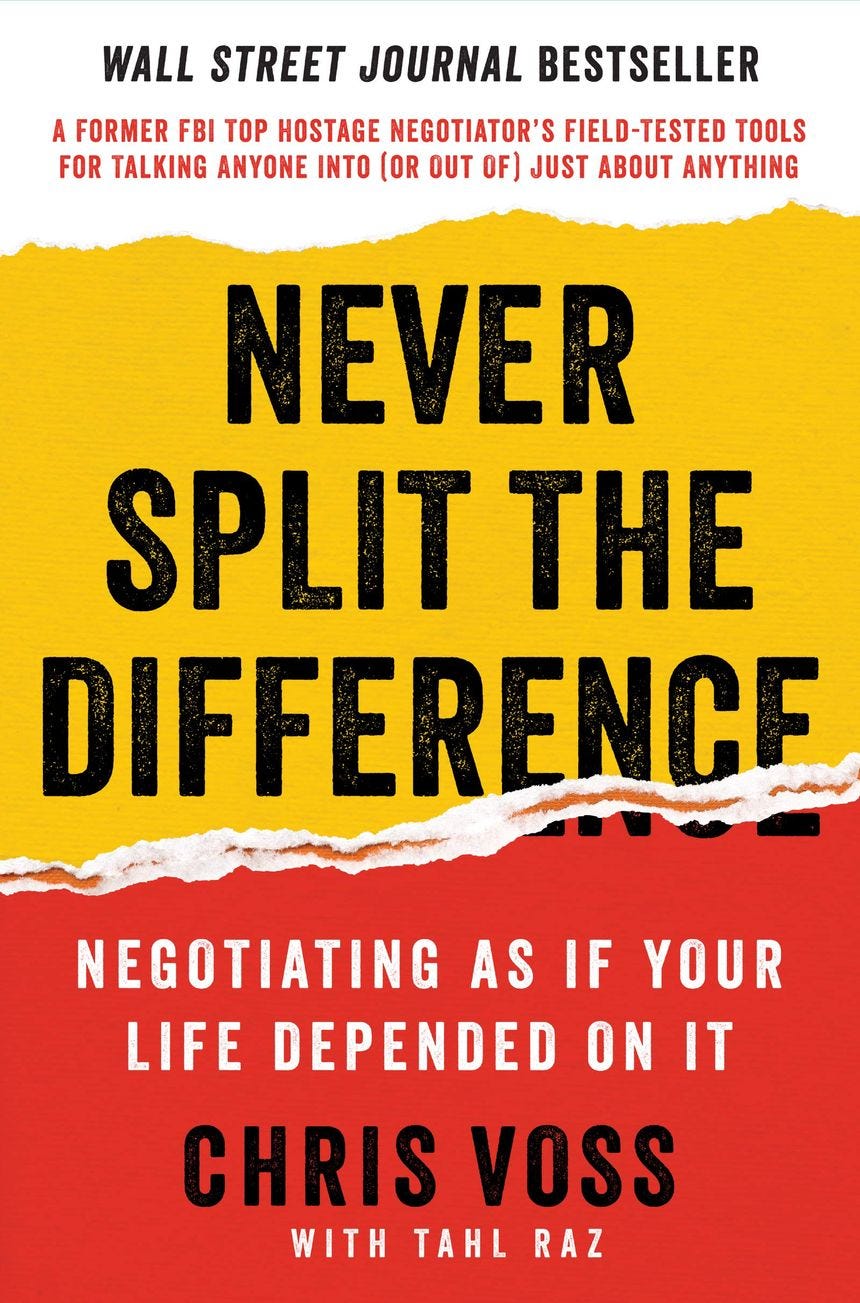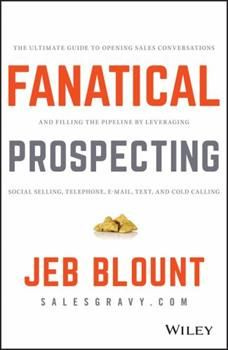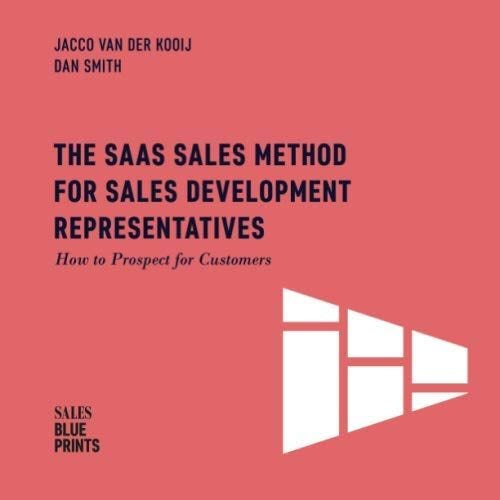Through all of my platforms, I consistently push the concept that if one person is telling you their way is the best/only way, they are a guru selling you something and should be ignored.
This doesn’t mean your guru’s LinkedIn outreach strategy or voicemail course aren’t useful, it means that you should broaden your horizons and learn many different approaches and techniques or you will fail when compared to someone who has a well rounded arsenal of skills.
Your job as a sales professional is to keep at the forefront of what is working and what is not, and implementing the specific lessons you have learned along the way.
Today the plan is to help push you in the right direction for some of the different skills and concepts that will give high return on investment as you move through your sales journey.
The Necessity of Self-Directed Learning and Upskilling for SDRs
I’m going to be blunt here, most sales training in companies is terrible. This isn’t because they don’t want you to succeed, but simply the market moves too fast for sales ops / enablement to keep up when vetting everything through a leadership team that haven’t jumped on the tools in 10 years.
The onus of continuous learning and personal upskilling falls increasingly on the individual.
A few things you should be thinking about when doing your own enablement/learning.
Staying Ahead in a Competitive Landscape
Keeping Up with Industry Changes: The sales industry, particularly in tech and SaaS, is constantly changing. By engaging in self-directed learning, SDRs can stay updated with the latest trends, tools, and methodologies.
Becoming a Versatile Professional: A diverse skill set makes you more adaptable and valuable in various roles. Learning new skills, like digital marketing or data analysis, can open doors to broader career opportunities.
Implementing a Personal Learning Plan
Set Clear Goals: Identify what skills you want to acquire or improve. Be specific about what success looks like and set achievable milestones.
Leverage Diverse Resources: Books are just the start. Explore online courses, podcasts, webinars, and mentorship opportunities to diversify your learning.
Schedule Regular Learning Sessions: Consistency is key. Dedicate regular time each week to focus on your personal development.
Apply and Reflect: Implement what you learn in your day-to-day work. Reflect on what works and what doesn’t, adjusting your approach as you go.
Book Recommendations
These three books I believe will give a good baseline on important skills
"Never Split the Difference" by Chris Voss
Summary: Written by a former FBI hostage negotiator, this book offers groundbreaking negotiation strategies. It teaches how emotional intelligence and tactical empathy can lead to success in negotiations.
Relevance: SDRs can use these techniques to negotiate deals, handle objections, and understand customer needs more deeply.
Tonality
Sub-context of language
Controlling conversations
"Fanatical Prospecting" by Jeb Blount
Summary: This book focuses on the importance of prospecting in sales. Blount emphasizes a relentless, disciplined approach to prospecting as the cornerstone of successful sales careers.
Relevance: It's a vital read for SDRs to build and maintain a robust pipeline, understand the art of cold calling, and effectively use social media for sales.
The actual rhythm of business development
consistency
baseline sales dev skills
"The SaaS Sales Method for Sales Development Representatives" by Jacco van der Kooij & Fernando Pizarro
Summary: Tailored specifically for SDRs in the SaaS industry, this book covers strategies and methods for modern SaaS sales. It addresses the unique challenges faced in selling software as a service.
Relevance: SDRs in the SaaS sector can gain insights into specialized sales processes, learn about engaging with informed customers, and discover ways to optimize sales cycles.
Deeper understanding of how to sell into businesses
Theory behind the why
How to Implement Learnings from These Books
Turning theory into practice is crucial. SDRs should actively apply the concepts learned from these books in their daily interactions and strategies. Being part of a community that push the concepts and continually reenforce best practices can be very beneficial (Join our discord). Experimenting with different techniques from these books in real scenarios will help in understanding what works best in various sales situations.
A quick note - Practice is important. I know you all hate roleplaying, but you NEED to practice in hypothetical situations until you are good or you will waste every real opportunity you have - you will fall to your level of training not rise to the occasion.
Additional Resources
While books offer in-depth knowledge, other resources like podcasts, webinars, and online courses can complement this learning. These mediums provide diverse perspectives and can be easily integrated into a busy SDR's schedule. Subscribing to sales-focused podcasts, attending webinars hosted by sales experts, and enrolling in relevant online courses can further enhance an SDR’s skill set.
Test what works for you and always aim to learn over multiple mediums.
Conclusion
For Sales Development Representatives, reading is not just about personal growth; it's a strategic tool for career advancement. The books discussed here are a starting point, a foundation upon which SDRs can build a more knowledgeable, effective, and adaptable sales approach.
We encourage SDRs to delve into these reads and invite our readers to share their own experiences and book recommendations in the comments section.
If you found this post helpful, consider subscribing to Dominating SaaS Sales for more insights and tips. Share this post with your colleagues and check out our other articles for more valuable sales strategies and resources.
Let's get it sales savages!





